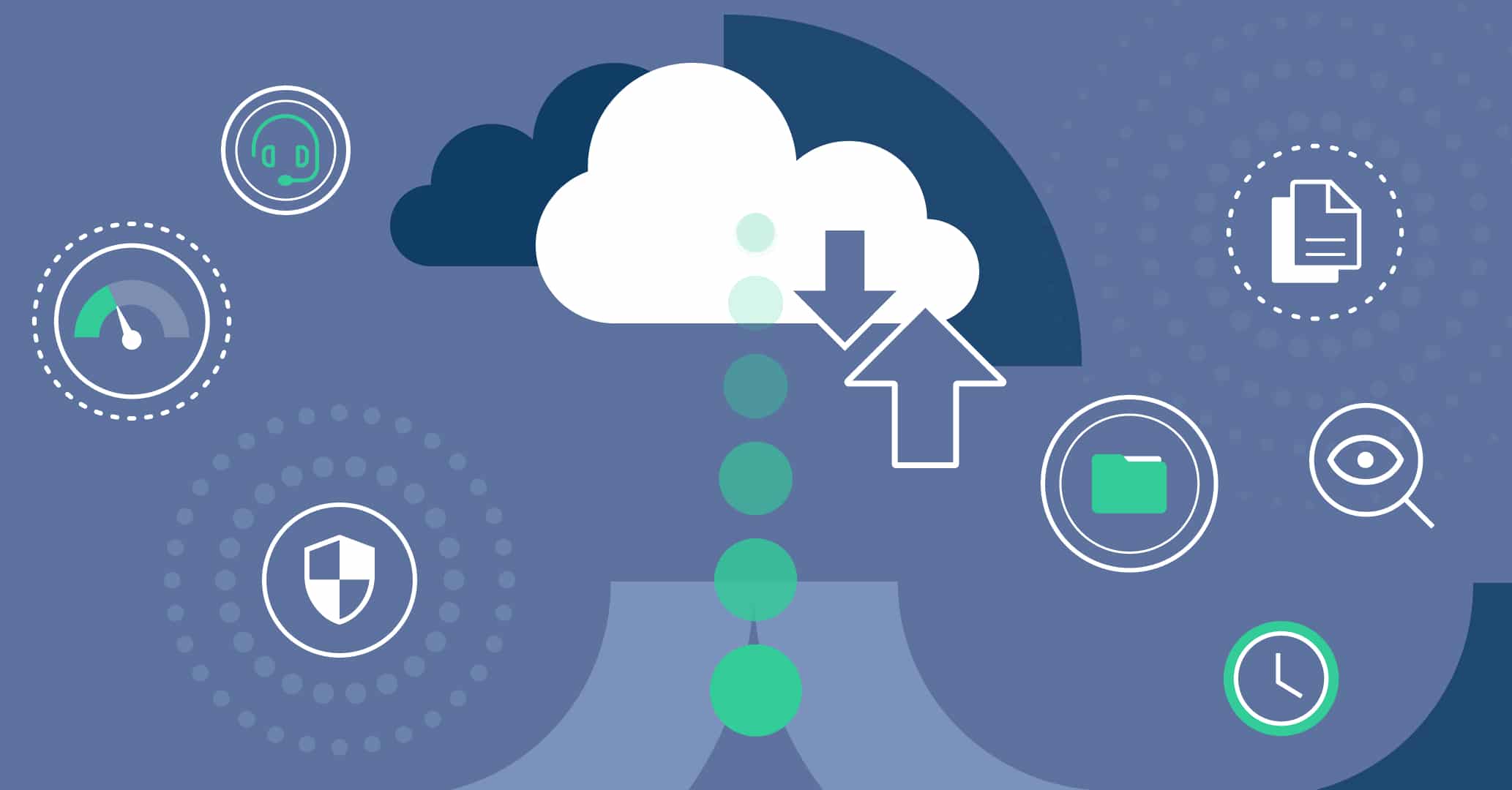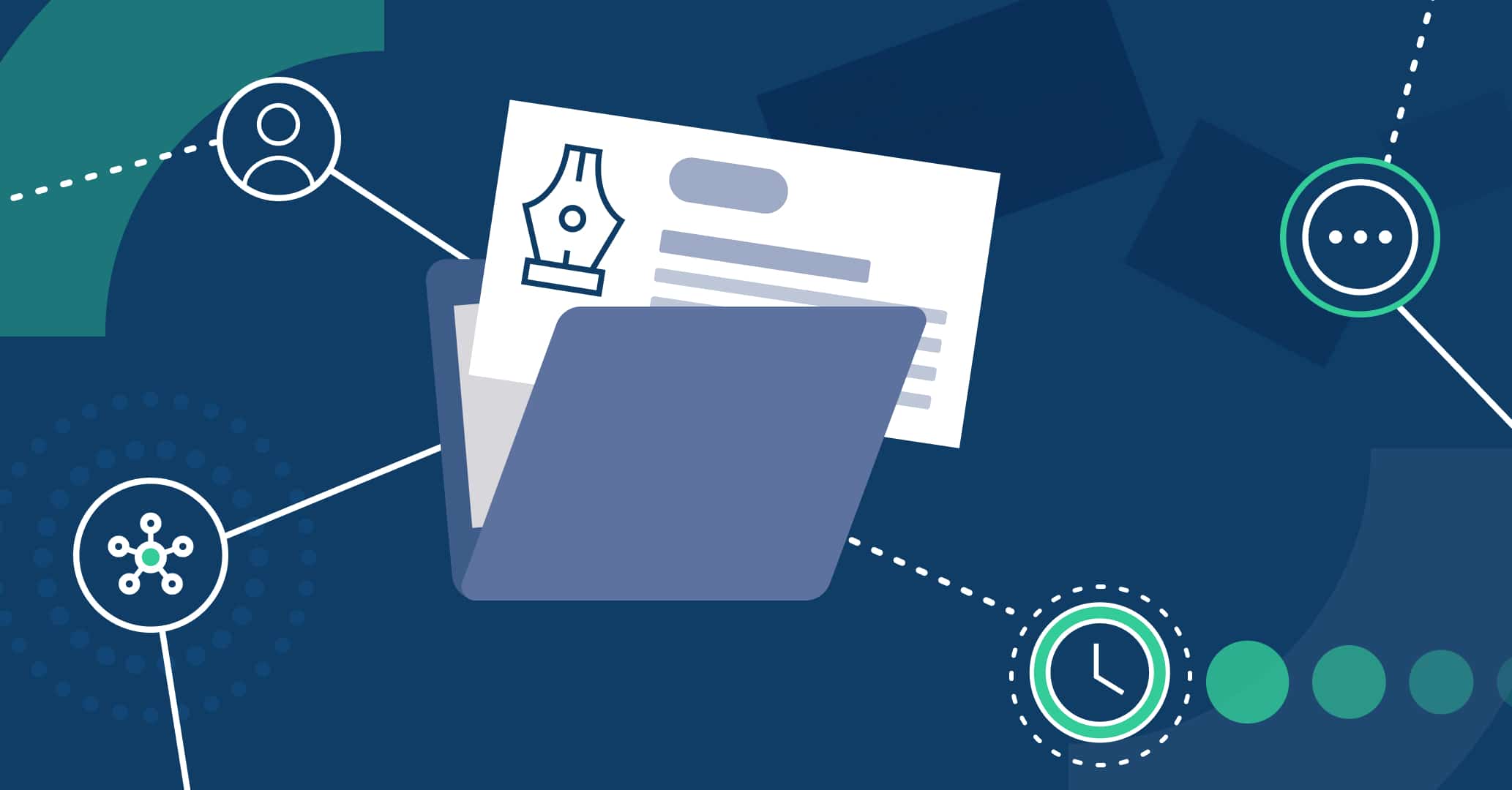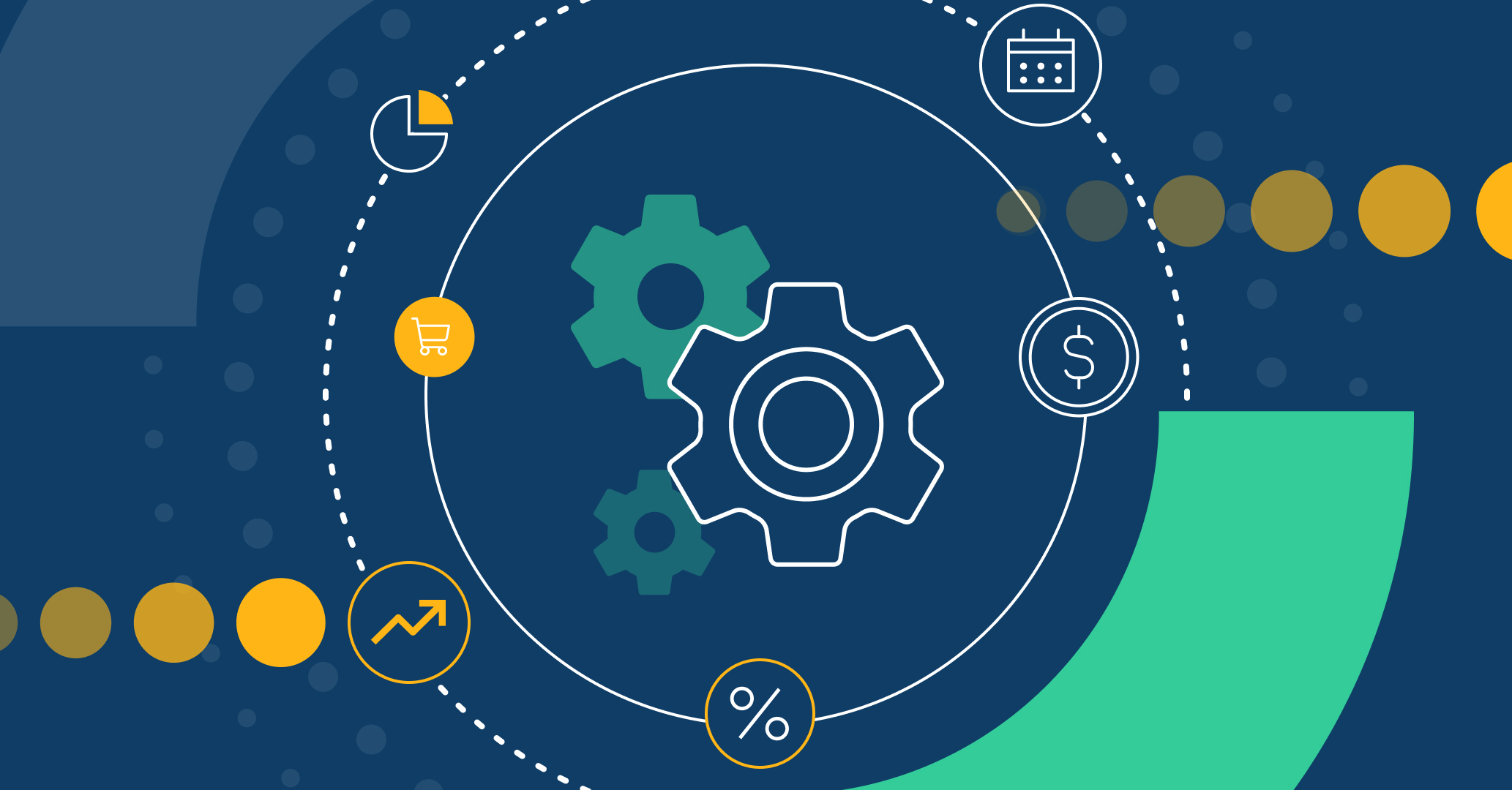AI is finding applications across various industries. From manufacturing to logistics or finance to healthcare, AI has become the cornerstone of streamlining processes and innovation.
Business Process Management (BPM) is no exception to this transformative wave. Since more organizations are looking for ways to improve operational efficiency and reduce costs, AI in BPM is becoming a key driver of intelligent processes.
In this guide, we will uncover all about AI in business process management (BPM), highlighting its benefits, integration process, use cases, and more.
What Can AI-Integrated BPM Do?
AI in business process management (BPM) refers to the integration of AI technologies into business processes. It can play a key role in every BPM phase, including process discovery, mapping, automation, management, and improvement.
When AI is integrated with BPM, it helps in:
- Process Discovery: Facilitates process discovery by using process mining, natural language processing (NLP), pattern recognition, and more.
- Process Mapping: Eradicates manual efforts required to analyze historical data by autonomously analyzing large data sets and producing process maps. It also generates a visual representation of workflows.
- Process Automation: Traditional BPM systems can automate routine tasks, but AI can automate more complex tasks that require human intervention, such as document processing, data entry, responding to customer queries, and more.
- Process Monitoring: Continuously monitors processes in real-time and sends alerts for potential issues.
- Process Improvement: Provides predictive modeling and data-driven insights to identify trends and improve processes to stay competitive.
Simply put, AI in BPM helps organizations achieve operational excellence by leveraging AI technology in all phases of process management.
Benefits of Using AI in BPM
Now that we know what is intelligent process automation, the next question that comes to mind is what its benefits are.
AI in business process management (BPM) is a game-changer, unveiling hidden efficiencies and optimizing processes with exceptional efficiency. Some of the key benefits of using AI in BPM include:
- Improved Productivity and Quality: AI can automate repetitive, rule-based, and error-prone tasks, freeing up human workers to focus on more creative and strategic work. It can also perform tasks faster, more accurately and consistently than humans, reducing errors and rework.
- Real-time Decisions: AI analyzes real-time data to make proactive decisions. It can predict inefficiencies or bottlenecks and help fix issues promptly.
- Comprehensive Data Analysis: AI is capable of analyzing diverse amounts of structured and unstructured data to identify patterns and trends.
- Reduced Costs and Risks: AI can lower operational costs by optimizing resource utilization, reducing waste, and increasing efficiency. It can also mitigate risks by complying with regulations, enforcing policies, and detecting fraud and anomalies.
- Increased Innovation and Agility: AI can enable continuous improvement and learning by analyzing data, identifying patterns, and generating insights. It can also enable rapid adaptation and change by responding to market dynamics, customer needs, and business opportunities.
In short, BPM with AI turns traditional process management activities into more automated and efficient ones, which leads to fruitful outcomes for organizations and better customer satisfaction.
How We Integrate AI in Qflow
Qflow is a powerful business process management (BPM) tool that helps organizations design, document, automate, and improve business processes. It allows organizations to easily design workflows of processes with a visual builder and configure every activity/event/gateway to automate processes.
Qflow is more than a traditional BPM tool. We have integrated AI features that make it easy to design and automate processes. Qflow AI Assistant can turn ideas into business processes in seconds. It provides a GPT-powered chatbot where you can input what kind of process you want to design and generate the process immediately.
Qflow AI Assistant can help design complete processes with assigned roles, approval/rejection requests, and other complex parameters. All it requires is clear instructions on how you want the workflow to flow.
Simply put, Qflow with integrated AI assistant is a full-fledged tool you need to create simple to complex business processes with minimal effort.
Feel like Qflow is the tool you need? Sign up with Qflow and get started!
Use Case Examples of AI Integration in BPM
Integrating AI in business process management (BPM) transforms how organizations handle processes. That’s why it has diverse use cases across different areas. Some of the common ones are as follows:
- Customer Service: Organizations are now integrating AI chatbots into their customer service processes to resolve common customer queries autonomously.
- Supply Chain Management: AI forecasting models optimize supply chain processes. They can forecast demand and inventory levels and improve the overall efficiency of the supply chain.
- Cybersecurity: AI can contribute to various cybersecurity-related activities, such as predicting potential threats, detecting abnormal network traffic, and more.
- Logistics and Transportation: AI can help with route optimization and real-time tracking to reduce manual efforts.
- Employee Onboarding: AI can automate employee onboarding processes, like creating accounts, scheduling orientation sessions, sharing training data, and more.
In short, there are endless use cases of AI in BPM, and it will keep growing with the advancements in AI.
Challenges of Integrating AI in Business Process Management
Although AI in BPM looks all attractive, it is not without its challenges. Some of the common challenges businesses face with BPM AI are as follows:
Integration with Existing System
One of the prominent challenges of leveraging AI in BPM is integration. There are two hurdles here. First, if your organization is using an existing BPM tool, will it be able to integrate AI technologies? Secondly, will your legacy system show compliance with modern AI frameworks?
Data Quality
AI requires a large volume of high-quality data for accurate performance. The more data you feed, the more accurate its insights will be. However, data may sometimes be inconsistent, inaccurate, or outdated, affecting the performance and reliability of AI solutions.
Knowledge Gap
Some organizations lack a skilled workforce to handle BPM with AI capabilities. Thus, training employees and bridging the skills gap becomes an additional hassle. Alternatively, organizations can look for more intuitive tools that require a minimal learning curve. For example, Qflow offers a click-based approach to designing and automating processes with AI.
Governance and Ethics
AI raises ethical and legal issues such as privacy, security, accountability, transparency, and bias. Organizations must establish clear governance frameworks and policies to ensure that AI solutions are compliant, trustworthy, and fair. Moreover, they must use reliable BPM AI platforms like Qflow, guaranteeing data security and privacy.
Conclusion: Where Are AI and BPM Headed?
AI in BPM offers organizations a way to transform traditional business processes into advanced and automated ones. Considering the current trends around AI, it won’t be wrong to project that AI will significantly reshape business process management. The future will likely witness more intelligent systems that can make real-time decisions with self-optimization capabilities. Moreover, it will become easier to create and integrate BPM with AI with intuitive tools.






